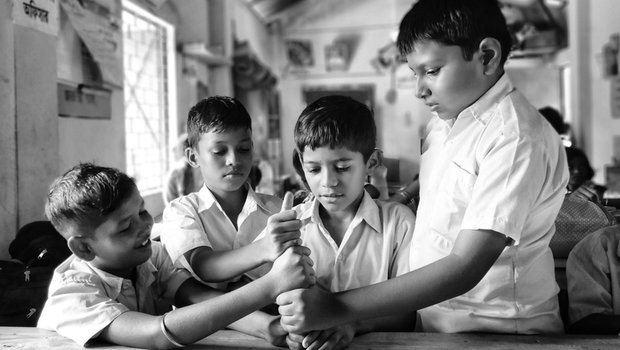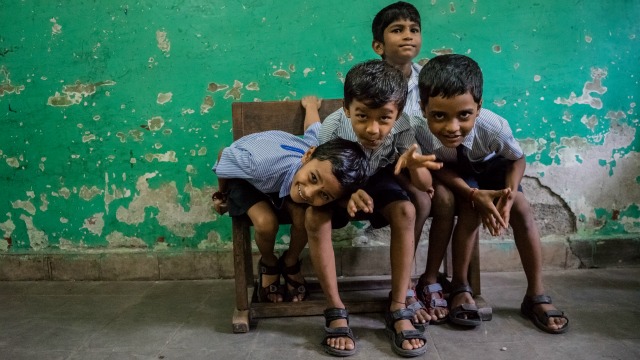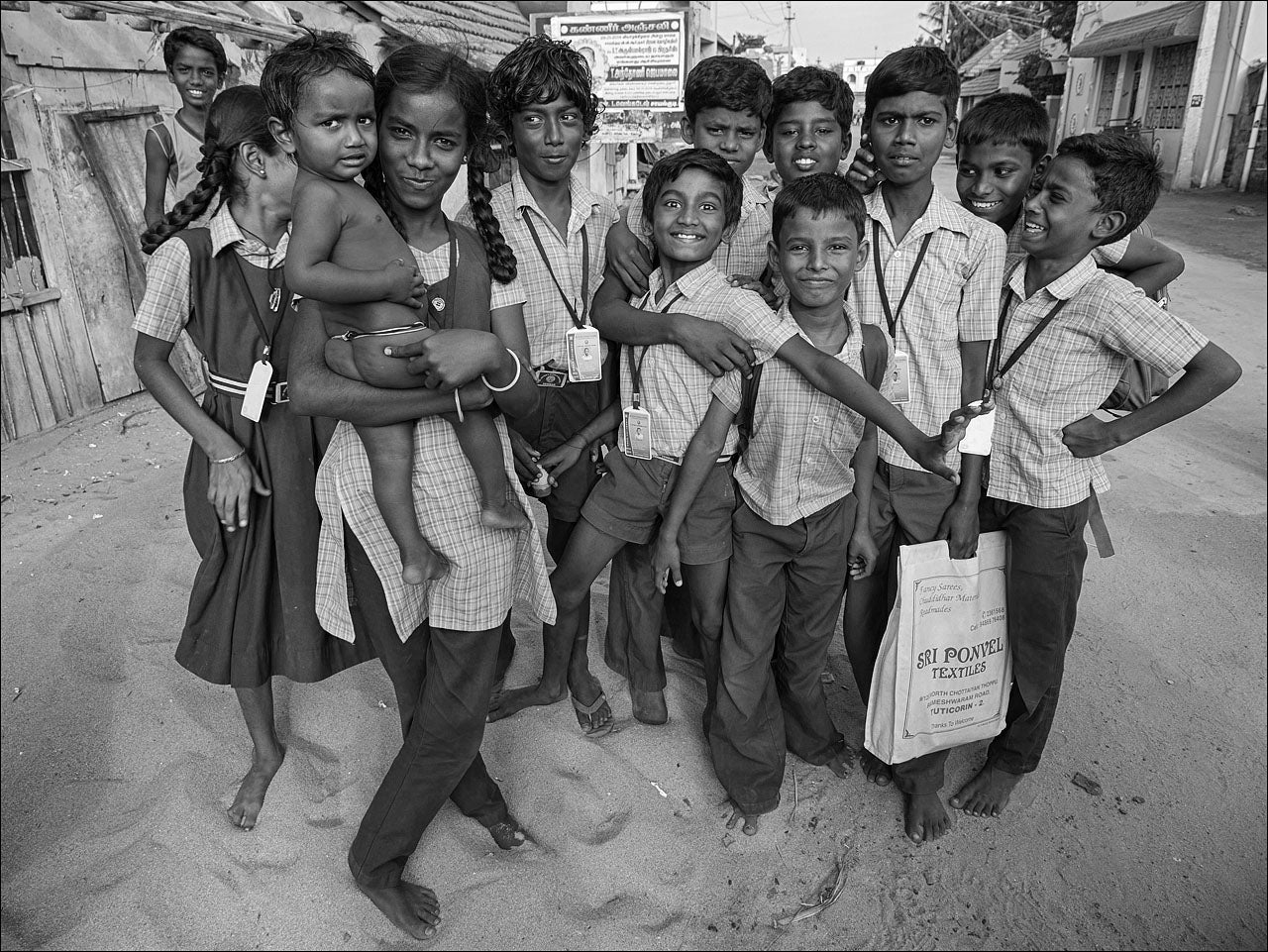The state of Tamil Nadu and Delhi have been spotted as the top two states in India towards investing high on the education of the children from economically weaker backgrounds with accord to the provisions implemented in Right to Education act 2009.
According to the latest report released by 'Indus Action', the NGO which works for the education of underprivileged children, it shows that Tamil Nadu spends about Rs 25,000 to 33,000 averagely for a child of different classes per annum whereas the state of Delhi spends Rs 26,908 for the primary class students while the secondary and upper primary class students would be spend with Rs 26,708 and on the other hand, the state of Madhya Pradesh releases lowest spending towards child education where the state spends Rs 4,419 per child per annum.

With the directive and the provisions of Right to Education act that marks tenth year since it was incepted where the provisions of the act instructs the private schools to install the grounds of admission for the students from economically weaker and disadvantaged sections, about 33 states had furnished that the schools in the respective states had drawn 25% of reservation for such students and of those 33 states, 17 states had tabled the amount they spent for a child through which, it was revealed that the state of Tamil Nadu and Delhi spends above 25,000 for a child in a year to get equal education while the rest of the Indian states have been recorded with lowest average.

On the other hand, the state of Madhya Pradesh has been accounted with 99% of the private schools which had implemented the reservation corridors where Delhi had seen 69.7% of its schools reserving the seats for underprivileged children while the state of Tamil Nadu had percentage of 75.3% and in this stream, Karnataka has been recorded with lowest percentile of 12.7% schools that have been practicing reservation and Uttar Pradesh was spotted as second lowest state with 23.4%.
The report had said that being reported with the highest spending, Tamil Nadu and Delhi have been lacking with concrete corridors to reimburse the money to the private schools while the state of Rajasthan had flagged with 100% reimbursement rate whereas Delhi has 54.5% of reimbursement rate and Tamil Nadu stood with 39.4%. The report had further indicated the delays observed by the government in releasing the funds to the private schools could be due to the possibilities of discrepancies over the claims and submission of the supporting documents.

Over a decade of Right to Education act, it has been reported that about 40 lakh children from underprivileged and economically weaker sections had secured admissions and currently studying with the existing provisions and privileges in the act across India.









Comments